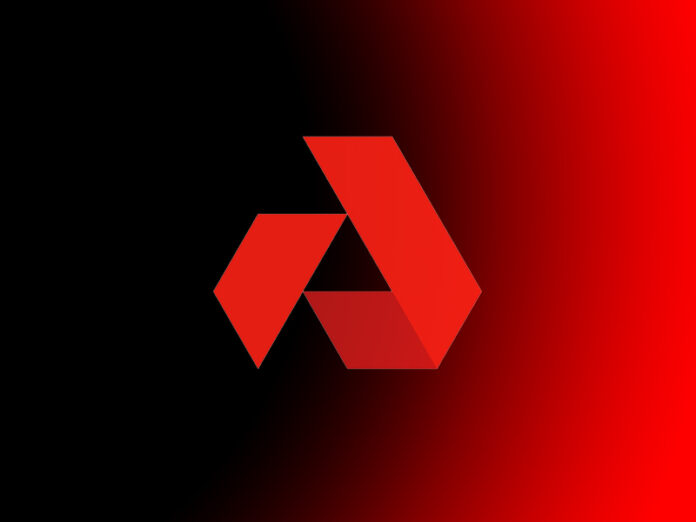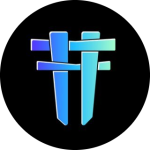Social chatter and sentiment is growing over Akash Network, a Cosmos appchain that is working on building an “AISupercloud” to compete with the likes of OpenAI, Google, and Microsoft.
After a leaked Google document stated open-sourced AI will take over and leave Big Tech in the dust, we asked Akash Founder Greg Osuri what he thought about it.
“Opensource will take over AI, and Akash is the best place to run opensource AI,” Osuri said.
Akash is setting itself up in a unique position where users of their platform will be able to “rent out” graphics cards to the network, which in turn gives end users the ability to utilize these resources for AI projects.
“Anyone can provide GPUs to the network,” Osuri said.
Additionally, Akash users can deploy projects on the platform and create their own AI projects in house. The cost for these services is a fraction of what the biggest players in the industry are charging.
Fine-tuning open-source AI models can massively improve their performance.
In some cases, fine-tuned open-source models will outperform GPT-4. Below, @ovrclk_ runs the scripts to fine-tune LLaMA on the Akash GPU Testnet.
Deployed on an @nvidia H100 GPU. pic.twitter.com/Pj4CCSRkea
— Akash Network (@akashnet_) June 1, 2023
Amazon Web Services (AWS), who has millions of users connecting to their infrastructure to develop AI and other projects, charges cost prohibitive amounts and puts users at a significant risk that may be unknown to them. Due to the centralized nature of AWS, owned by Jeff Bezos and shareholders, they can shut down any unwanted or threating project at will, or decide to raise the prices as needed. This has already occurred and has been widely reported with political and crypto entities being shut out of the AWS centralized system.
Akash Network’s decentralization fixes these problems as there is no single entity that can boot anyone off the platform and prices remain stable due to market demand and system resource production. Under the Akash Marketplace for Cloud Compute, which Akash is currently building, many entities own the infrastructure so the prices are kept extremely low.
Another interesting real world problem that Akash solves is lengthy contract negotiations. Akash is able to negotiate leases from say, a data center who has extra resources sitting idle, and put that lease information immediately on the blockchain. Some have referred to Akash’s Marketplace for Cloud Compute as the “Airbnb for cloud compute” as it is a two-sided marketplace.
Akash is built on open-source software Kubernetes and Docker, and makes any software they create open-source too. Akash develops in the open and their GitHub shows projects they are working on as well as everything they have done to date.
Some readers may be unaware how big of an impact AI will have in the future and Akash’s Anil Murty sums it up in an elegant blog post:
…it is clear that AI is going to dominate the tech space this year, and very likely this decade, by a wide margin (over Web3, Cloud, Mobile or anything else in the past couple decades). If you are in tech, you have to be living under a rock to not see that AI represents a generational shift in not just the way we will use products but also in the way all products are built and how businesses operate. As such, AI is opening new growth opportunities for all businesses, including those that I and the team & open source community I work with (at akash.network), are focused on (decentralized cloud computing).
Akash is focused on making user experience a priority and has a long-term strategy to achieve that vision. Utilizing the Akash Console, built by the core Akash team, with partnerships across the Cosmos, Akash aims to make it popular to integrate or run on their platform. It’s not a new strategy in the business world, but if executed well, could establish Akash as a major player.





